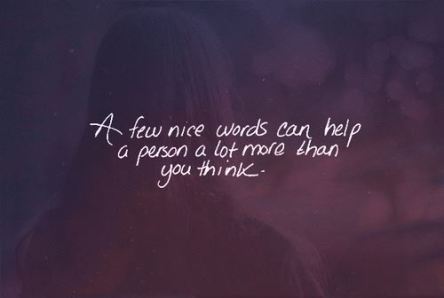“Déjà Vu” is a common intuitive experience that has happened to many of us. The expression is derived from the French, meaning “already see”. When it occurs, it seems to spark our memory of a place we have already been, a person we have already seen, or an act we have already done. It is a signal to pay special attention to what is taking place, perhaps to receive a specific lesson in a certain area or complete what is not yet finished.
There are many theories to explain déjà vu: a memory of a dream, a precognition, a coincidental overlapping of events or even a past life experience in which we rekindle ancient alliances. What matters is that it draws us closer to the mystical. It is an offering, an opportunity for additional knowledge about ourselves and others.
During a trip to Africa, Carl Jung described a feeling of déjà vu when he viewed a slim, black man leaning on a spear looking down at his train as it made a turn around a steep cliff on the way to Nairobi. He writes, “I had the feeling that I had already experienced this moment and had always known this world.” Although this world and this man were something alien to him, he saw the whole thing as perfectly natural. He called this a recognition of what was “immemorially known.”
In Western culture, we are brought up to consider anyone who isn’t an immediate member of our circle of friends and family to be a stranger. Yet at times, you meet people whom you feel as if you have known for years. You can talk to them about anything and they understand. You laugh easily with them. The tone of their voice, the way they take their coffee, all seem commonplace. It isn’t that they remind you of someone else or that their qualities are simply endearing. You relate to them not as strangers, but as people with whom you have shared history, members of the same tribe.
There are situations that are glitches in time, when the rules bend and the mystery takes hold. Enchanted moments that sparkle. These are deja-vus. They can take place anywhere, at any time and with anyone. Your real estate agent might show you a house that feels so familiar and right, you instantly know it is yours. Or perhaps you are in a restaurant and sense an inexplicable kinship with a woman sitting in the back corner booth. Don’t let these possibilities pass you by. Take notice; investigate. There is no way of predicting where each might lead or what it will teach you. Summoning the courage to take a chance and act on synchronicities, to have faith in what is not yet visible, will make the experience your own.
Adapted from Second Sight: An Intuitive Psychiatrist Tells Her Story and Show You How to Tap Your Own Inner Wisdom (Three Rivers Press, 2010) by Judith Orloff MD
